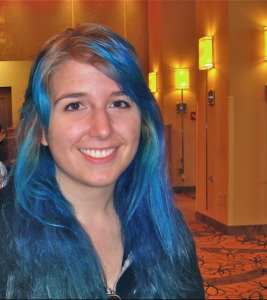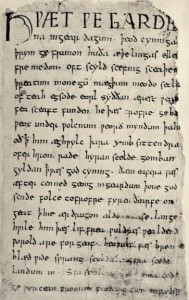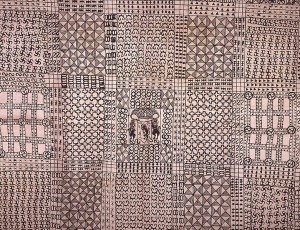Daniela is one of the volunteer teachers who does more than just teach the language, she immerses her students in Italian culture:
“Buongiorno! My name is Daniela Enriquez and, despite my Spanish last name, I am Italian. Since 2011, I have been involved with GLN as a teacher of beginner level Italian. My first teaching experience was in 2009. At that time, I was studying Hebrew in Jerusalem and decided to take part in a language exchange program through which I taught Italian to an Israeli girl who was teaching me Hebrew. The experience was so fulfilling that when I came to D.C. and heard about GLN, I decided immediately that I had to get involved.
My goal is to show my students that even thought Italy has great food, wine, and soccer players—Italian culture includes much more than that. I love to teach the history of my language, how it developed from Latin and ended up with hundreds of different dialects, and how it is strongly connected to the essence of Italian culture—expressing itself through songs, dances, ceremonies and gestures. In order to fulfill my goal, I try to involve my students in the many Italian cultural activities that D.C. offers so that they meet “real Italiani” and have opportunities to test out their new language skills.
GLN gave me the opportunity to teach my language in the way that I love—through culture and fun!—by supporting me with new innovative ideas and its great team. During my classes we enjoyed singing, dancing, learning about art, Italian holidays & gestures accompanied by dialogues, a little bit of grammar and a lot of vocabulary and common expressions—all according to the GLN philosophy. Over the course of these classes, I saw the progress of my students and was proud of them. In the meantime, I was positioned to see my own culture from a different point of view, through my students eyes, and—why not?—love it more than before, all while forming new long-term friendships.”



